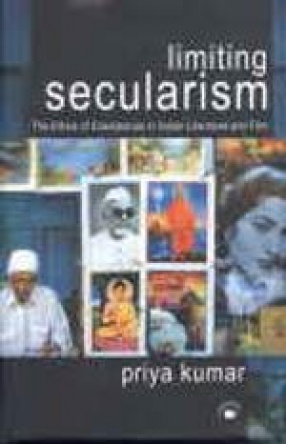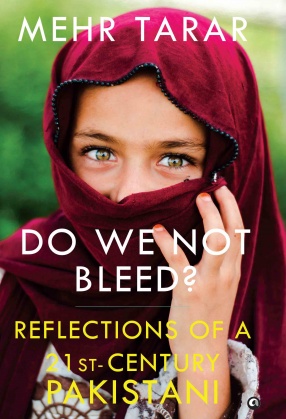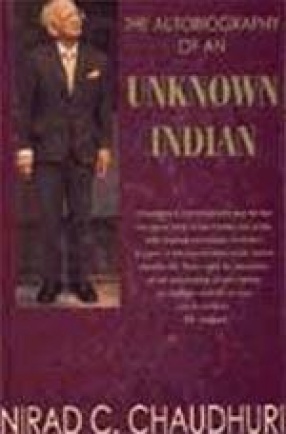Limiting Secularism: The Ethics of Coexistence in Indian Literature and Film
Within the backdrop of religious violence and regional tensions in South Asia, Priya Kumar probes facets of secularism and tolerance in Indian culture. She explores Partition as the founding trauma of the Indian nation-state and traces the consequences of marking off "Indian" from "Pakistani" and the positioning of Indian Muslims as strangers within the nation. Kumar reveals the implications of the Nehruvian doctrine of tolerance--with all its resonances of condescension and inequality--and asks whether more ethical cohabitation can replace the "arrogant compulsive tolerance" of the state and the majority. Informed by recent work on hospitality and living together, she argues the emergence of an "ethics of coexistence" in Indian fiction and film. Considering narratives ranging from the cosmopolitan English novels of Salman Rushdie and Amitav Ghosh to literature in South Asian languages as well as recent Hindi cinema, Kumar demonstrates that these fictions are important resources for reimagining tolerance and coexistence. Distinctive and timely in its investigation of secularism and communalism, Limiting Secularism envisions the radical possibilities of going beyond tolerance to living well together.
Get it now and save 10%
BECOME A MEMBER








Bibliographic information